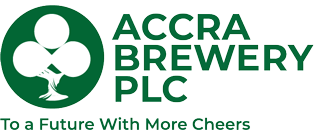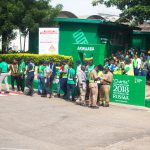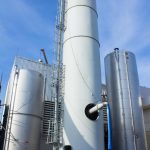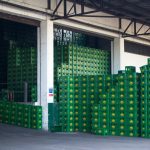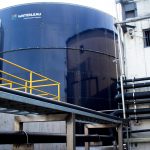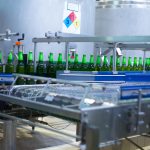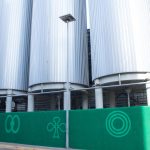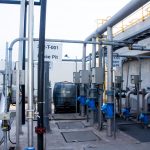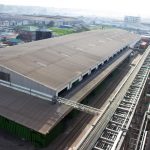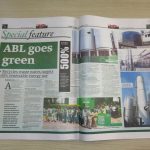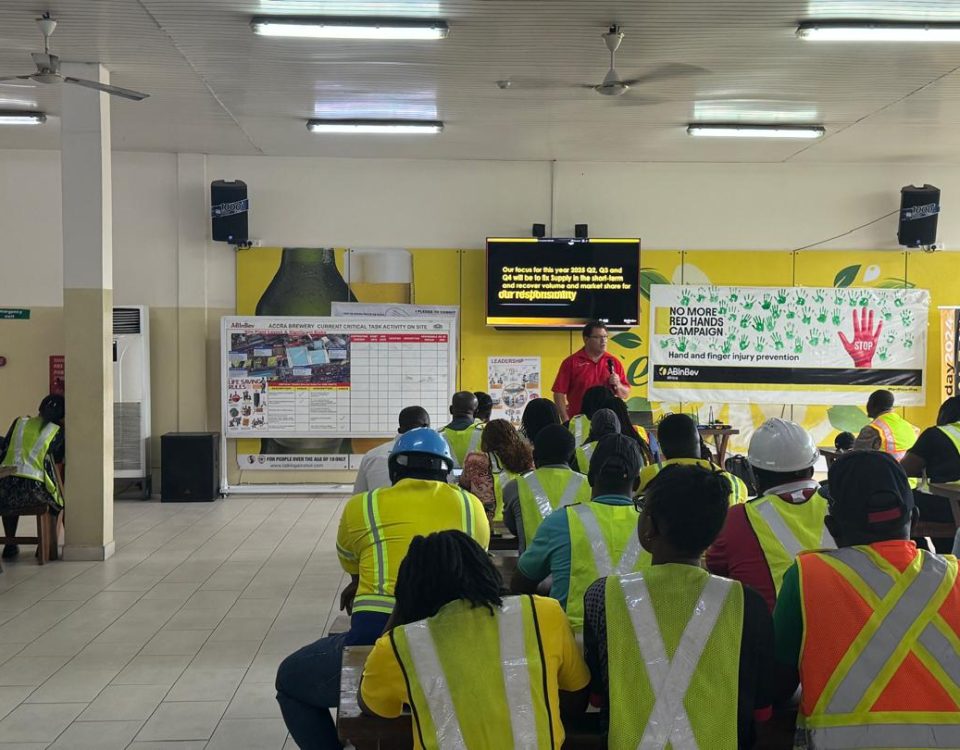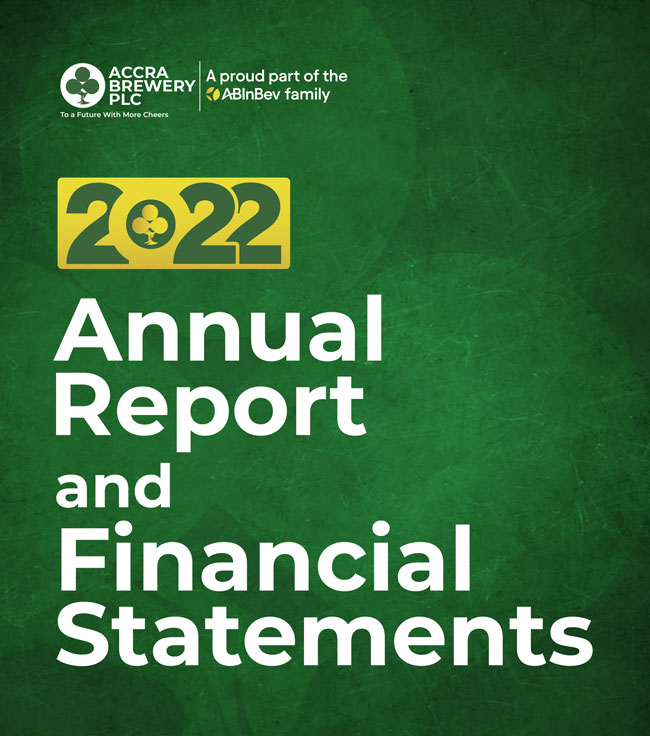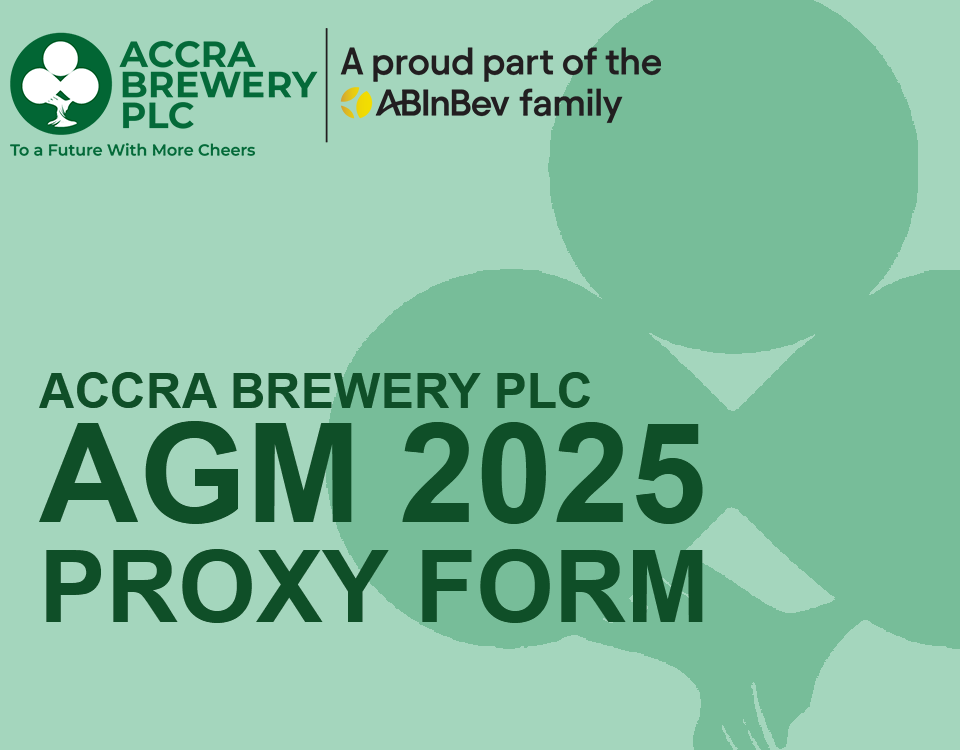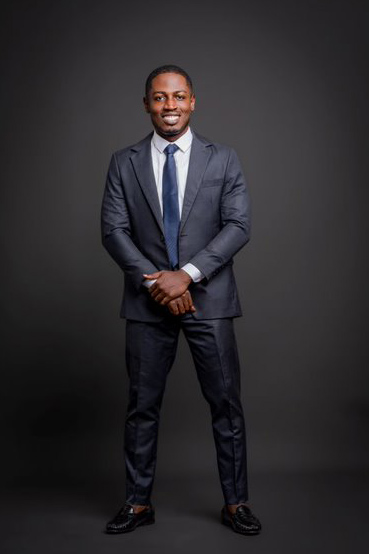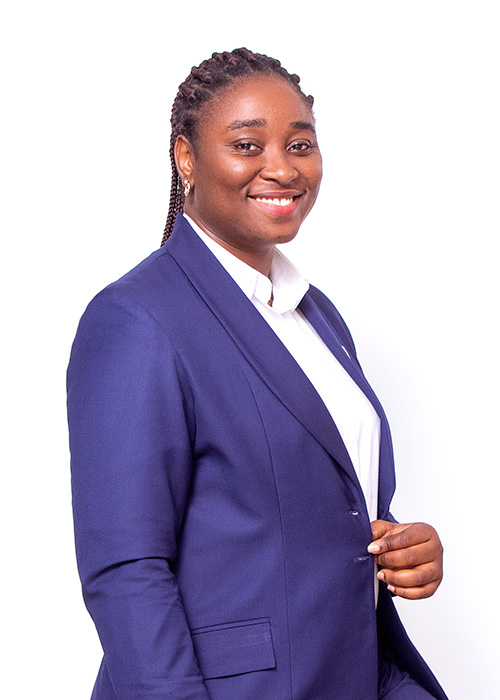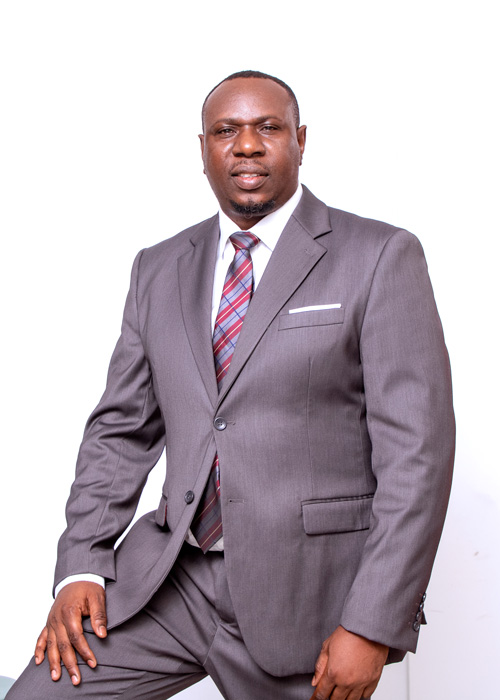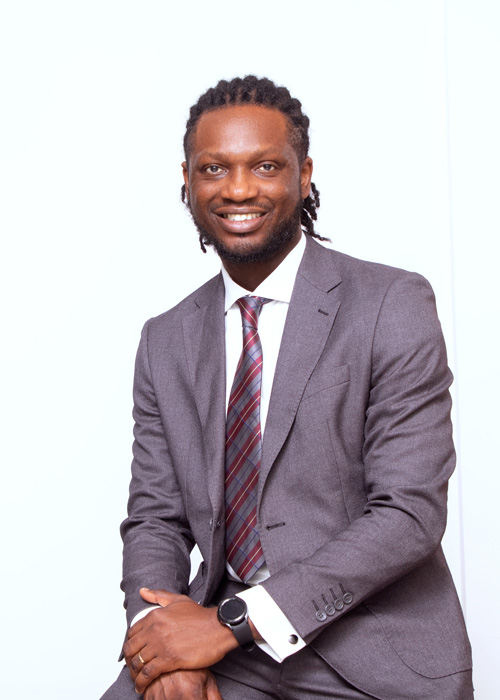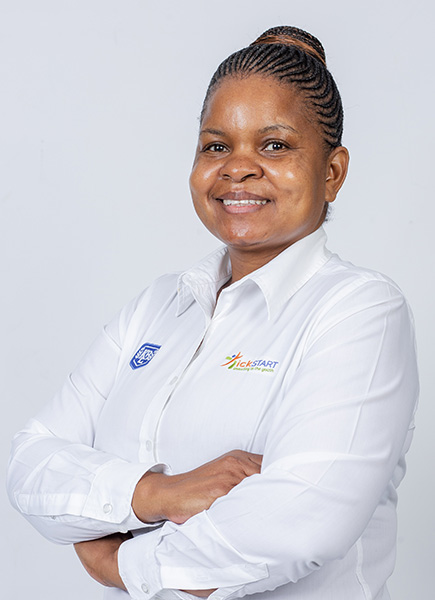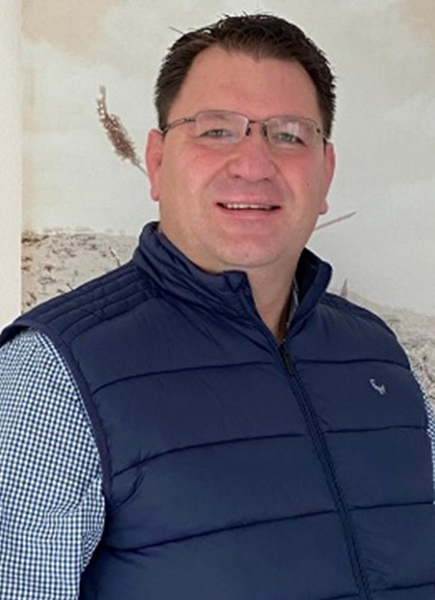ABL GOES GREEN: RECYCLES WASTE WATER, TARGETS 100% RENEWABLE ENERGY USE
8th June, 2018
By Juliet Akyaa Safo
Accra Brewery Limited (ABL) has started recycling liquid waste generated by the company’s operations as a measure to reduce environmental degradation.
The company has installed plants that treat waste water from the production process for reuse in other areas, especially cleaning services.
The company has also turned towards energy conservation by embracing renewable energy, using biogas from the treatment plant to support Residual Fuel Oil (RFO) used for production.
The Energy and Fluids Manager of ABL, Mr Felix Ampofo-Ofori, told the Daily Graphic, in an interview that the company was currently using part of the biogas to replenish the RFO used to fire the boilers.
The interview on the World Environment Day last Tuesday was to share information on what the company was doing to improve its interaction with the environment.
World Environment Day
The day, marked on the theme, “Beat plastic pollution”, focused on environmental concerns ranging from pollution to global warming and sustainable food production to protection of lives, with emphasis on plastic pollution.As part of initiatives to mark World Environment Day, the Country Director of ABL, Mr Philip Redman, said the company would continue to be environmentally conscious so that its activities would not affect the public.
He said the marking of the day was consistent with ABL’s core social interventions under the ‘Bringing People Together for a Better World’ agenda, an initiative to advocate for environmental conservation.
The initiative is hinged on three thematic areas: a healthier world, a cleaner world and a growing world.’
He added that efforts by the company to align its activities with sustainable waste management models was to help achieve the Africa 2025 sustainability goals, which comprised renewable energy, water stewardship, smart agriculture and circular packaging.
The company last Tuesday worked with the Adabraka Community to undertake clean-up exercises to rid the vicinity of plastic waste.
Energy Sources
Mr Ampofo-Ofori, explained that their reason for transitioning to renewable energy was because of its resilience, reliability, sustainability and eco-friendly nature. “We are also seriously venturing into solar energy, and hopefully we will begin the installation of the solar panels this year to support the current source of energy we use.”“We want to reduce dependency on non-renewable energy since it contributes a lot to degrading the environment and also work towards achieving a 100 per cent dependency on renewable energy sources,” he said.
He added that currently, the company was using a dual-fired boiler, which relied on both RFO and biogas, thus reducing the consumption of RFO, which was more costly,” he said.
Mr. Ampofo-Ofori added that already some streetlights at the company were solar powered.
Water Stewardship
On the issue of water consumption, he indicated that the efficient use of water was very crucial in their operations, therefore, the use of water was monitored on a daily basis.“In treating our effluent, we ensure that we meet the required standards of disposing of waste set by the Environmental Protection Agency (EPA) and the Ghana Standards Authority (GSA), as well as the our internal standards,” he added.
Touching on solid waste, he explained that waste was segregated and taken to the landfill site, adding that generating renewable energy from solid waste would be considered.
Agriculture
The Local Category Manager, Procurement, Madam Bernice Jimah, speaking on agriculture and circular packaging, said their goal was to ensure that 100 per cent of their direct farmers were skilled, connected and financially empowered.She described a direct farmer as a farmer who has signed a contract with ABL via a local co-operative or intermediary.
To that effect, she said, the government had rebated the company’s taxes for using local raw materials, which had increased the production of local raw materials such as maize and cassava by about 500 per cent between 2015 and 2017.
Other agriculture interventions
Madam Jimah added that farming communities across the country had benefitted from installed solar-powered furrow irrigation systems through an initiative, dubbed “Eagle Farmer Project”.“Last year, the recipients of our irrigation systems were from Gambibgo and Tindongo, both in the Upper East Region where drought is a serious problem,” she said.
She added that “ABL has greatly improved the livelihood and incomes of over 15,000 small holder farmers since 2015. We plan to double this impact by 2020,” she added.
Stating their circular packaging goals, she said that 100 per cent of their product will be in packaging that was returnable or made from majority recycled content, while ensuring that their suppliers met the criteria for its Approved Vendor List (AVL).
“Before a supplier is approved on the AVL, the supplier must use environmentally-friendly materials for packaging and pass a financial and governance audit of all packaging materials,” she said.
She added that “over 90 per cent of our packaging is recyclable, thus reducing waste, especially plastic waste to the landfill.”
- Volunteers and staff of ABL move out for a clean-up exercise
- A silo in which spent grains are kept to be sold to livestock farmers
- ABL packaging in returnable glass bottles
- One of our effluent treatment tanks
- Returnable glass bottles reduce our waste to landfill
- Solar-powered streetlights
- The Effluent Pit stores effluent for release into municipal sewerage system
- The future is solar panelling
